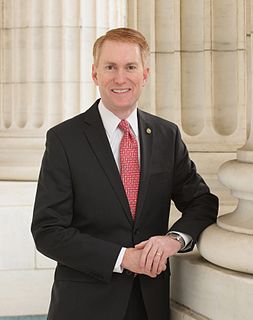A Quote by Ben Bernanke
Every effort needs to be made to try and offset the costs of Katrina and Rita by reductions in other government programs, especially those that are wasteful, duplicative and ineffective.
Related Quotes
One of the biggest reasons for higher medical costs is that somebody else is paying those costs, whether an insurance company or the government. What is the politicians' answer? To have more costs paid by insurance companies and the government. ... [H]aving someone else pay for medical care virtually guarantees that a lot more of it will be used. Nothing would lower costs more than having each patient pay those costs. And nothing is less likely to happen.



































